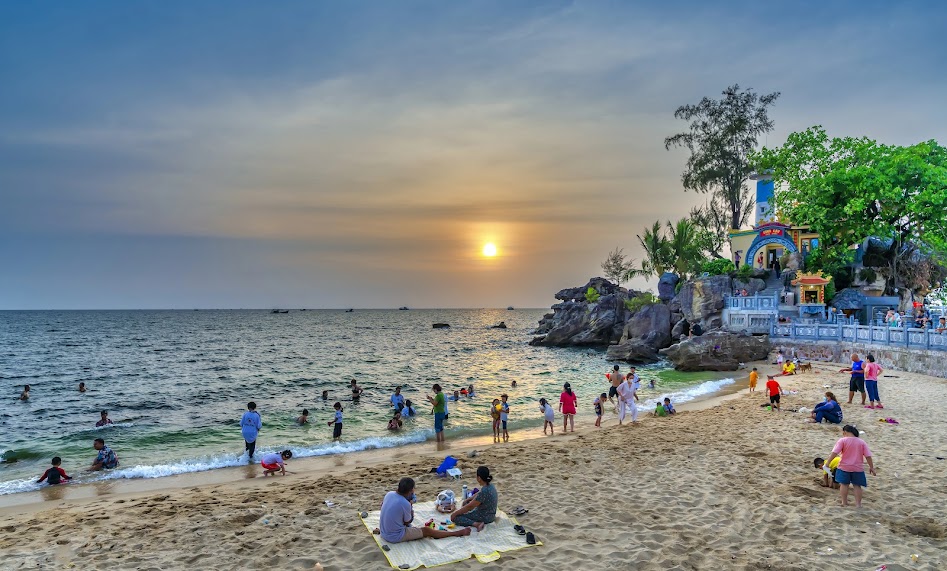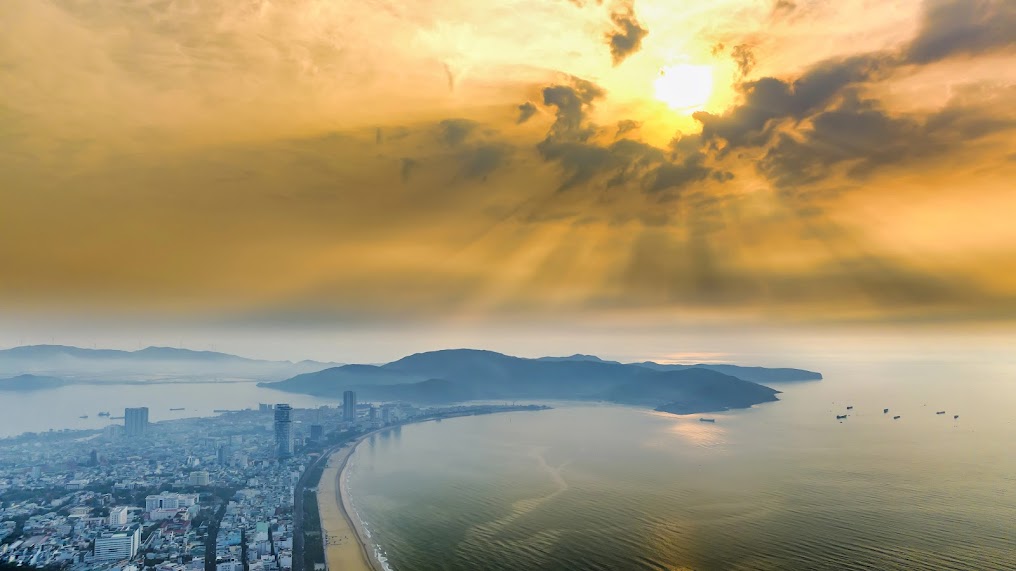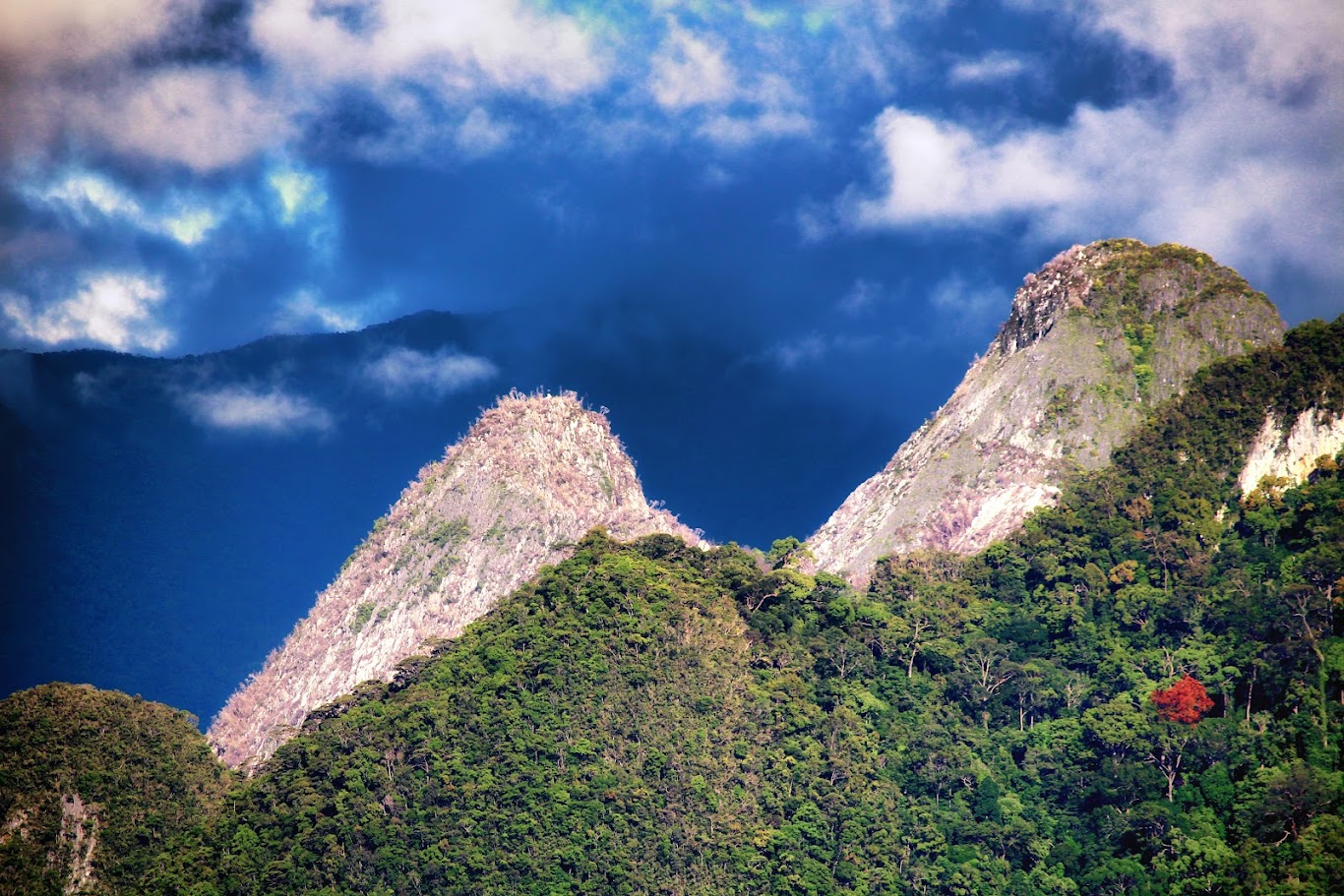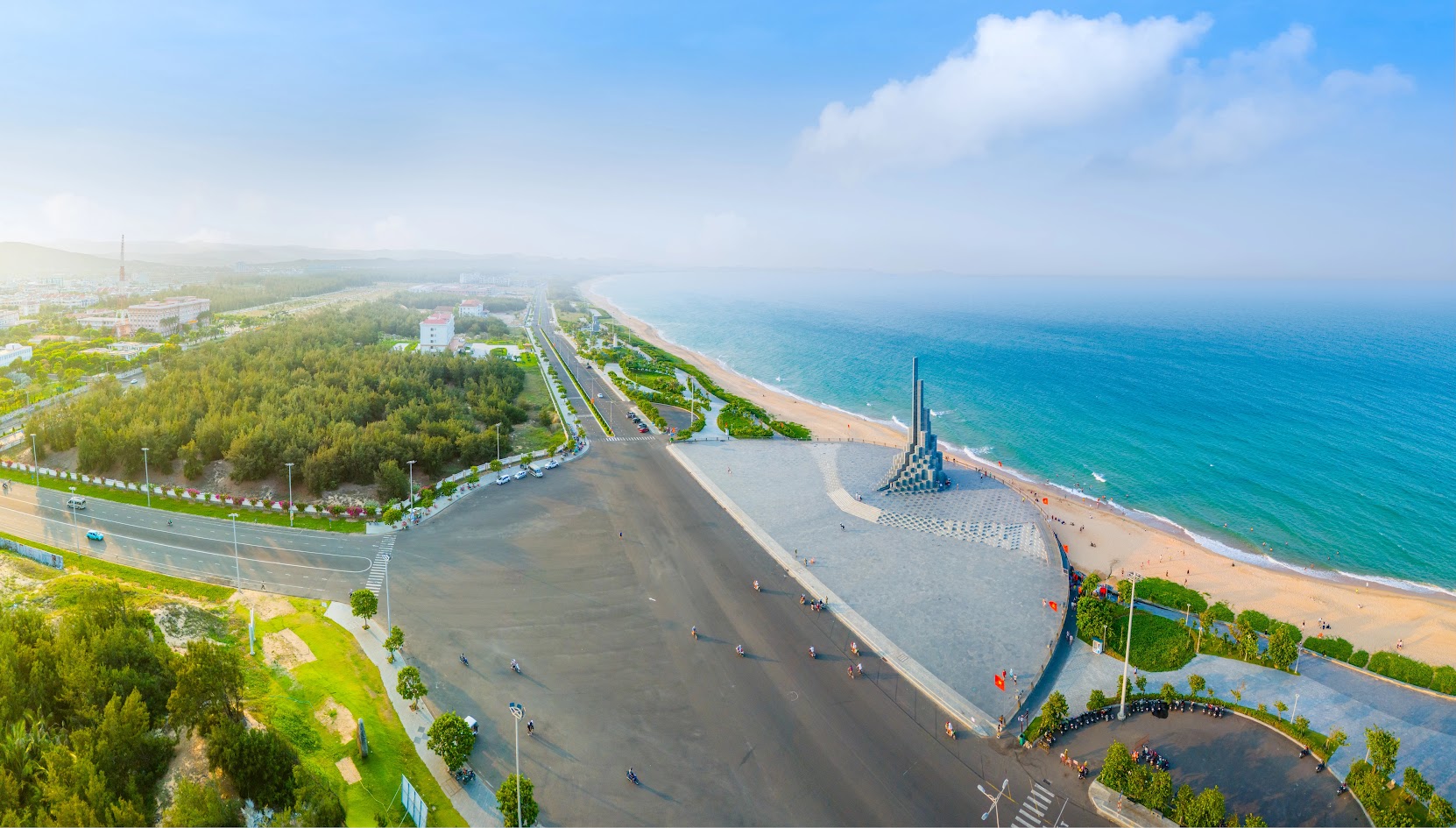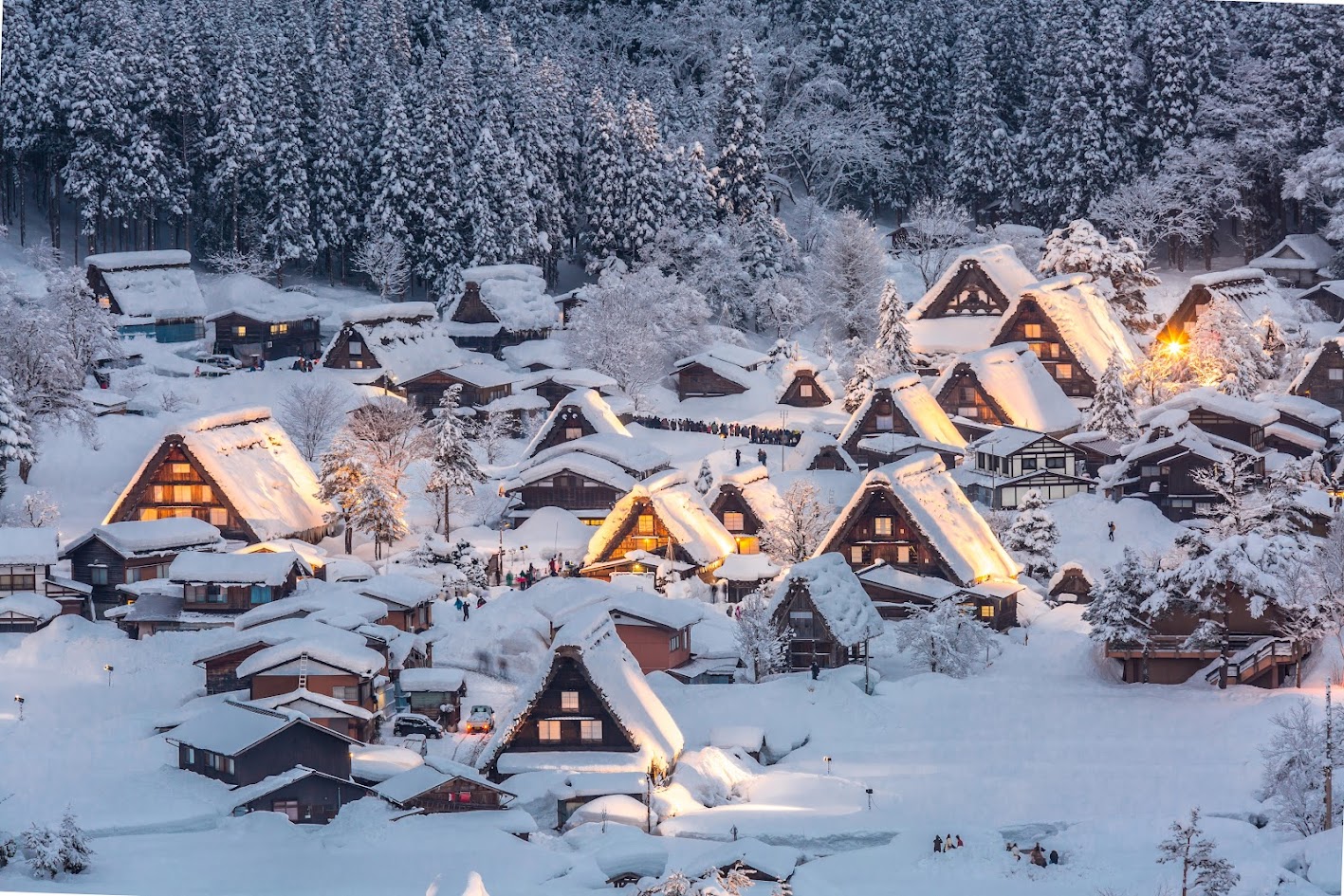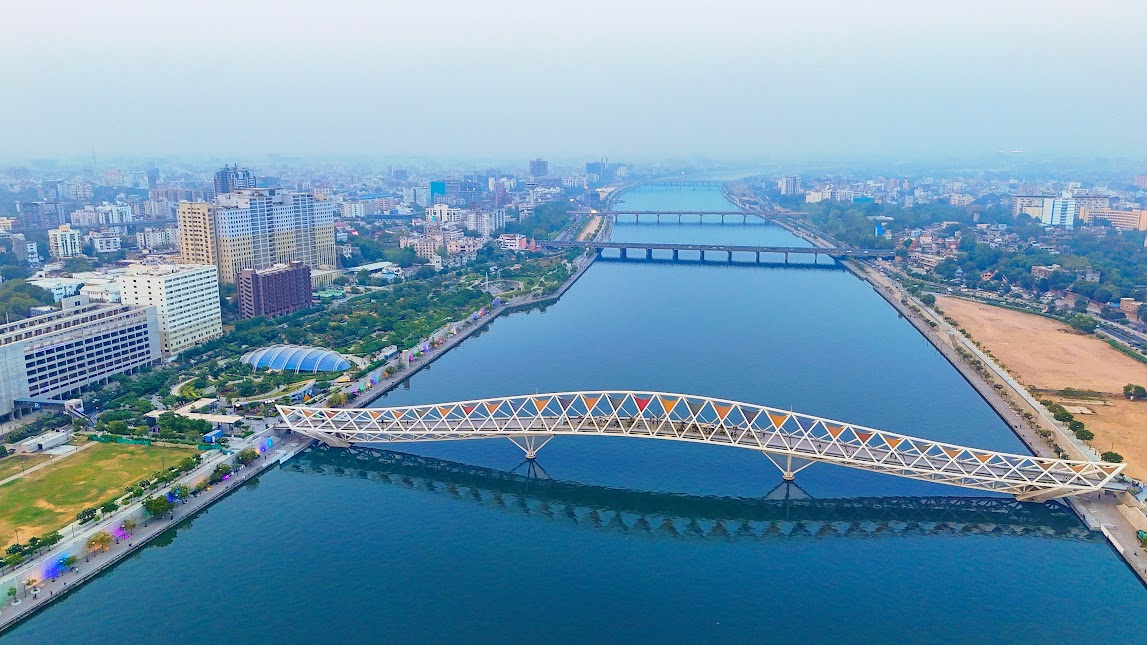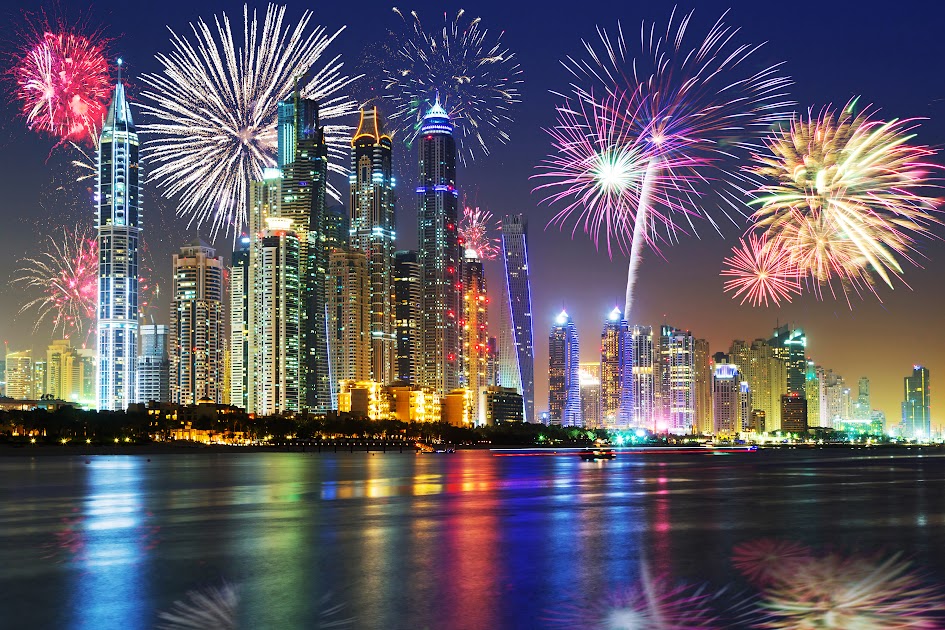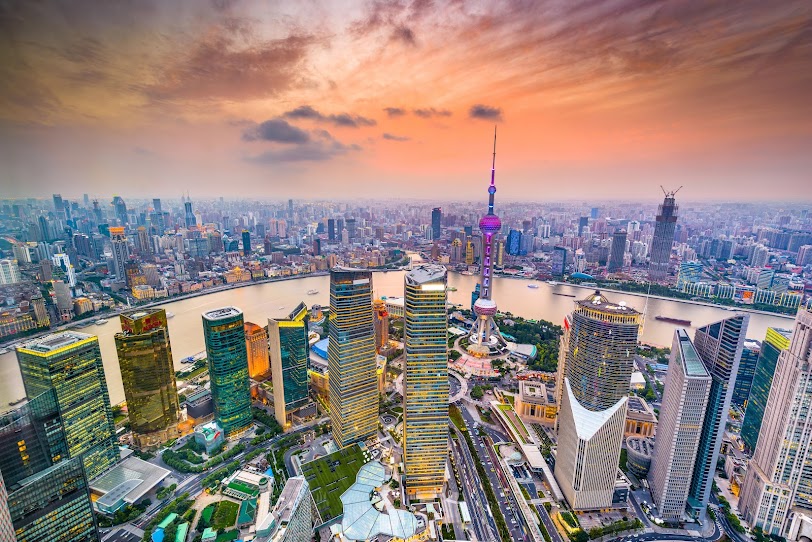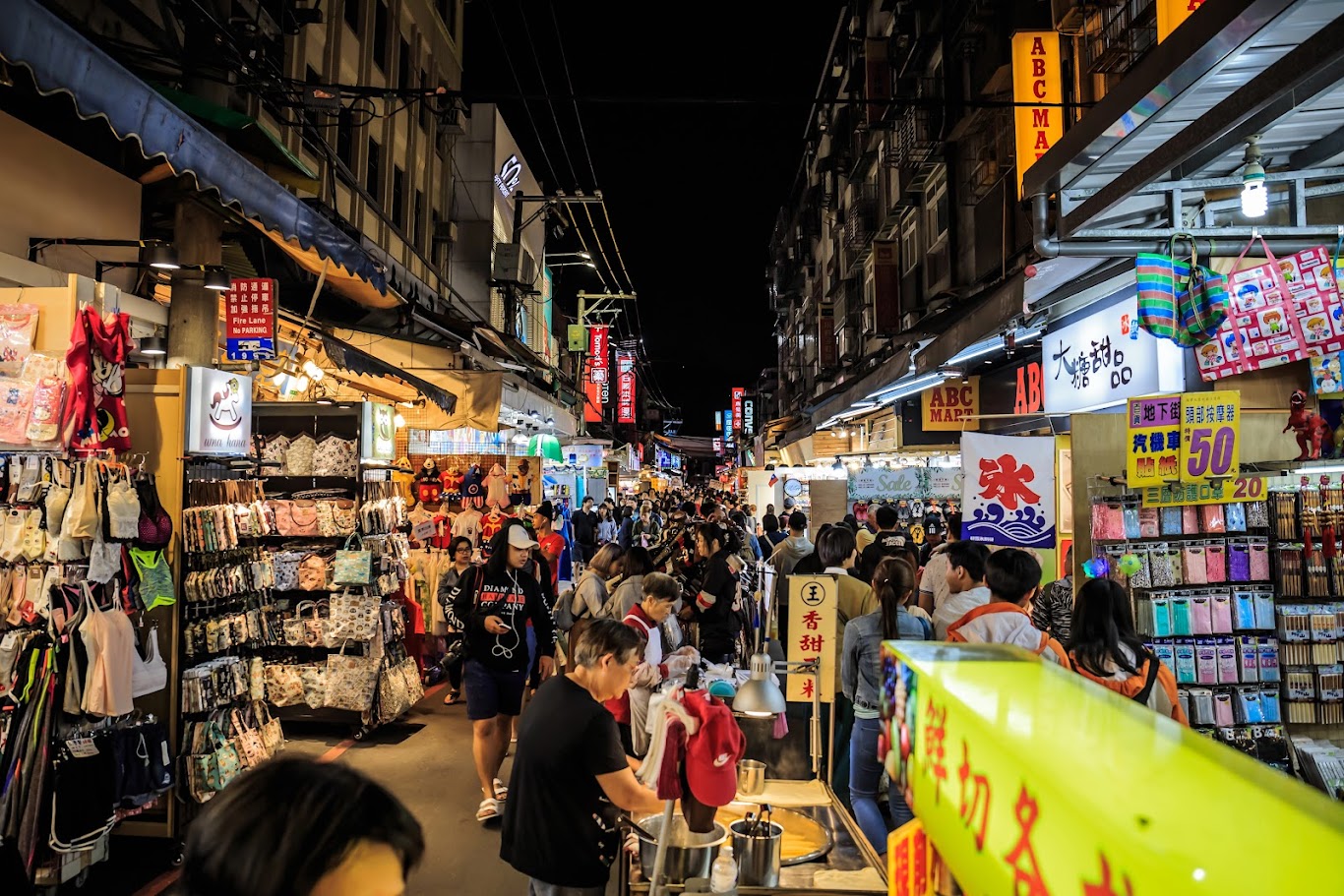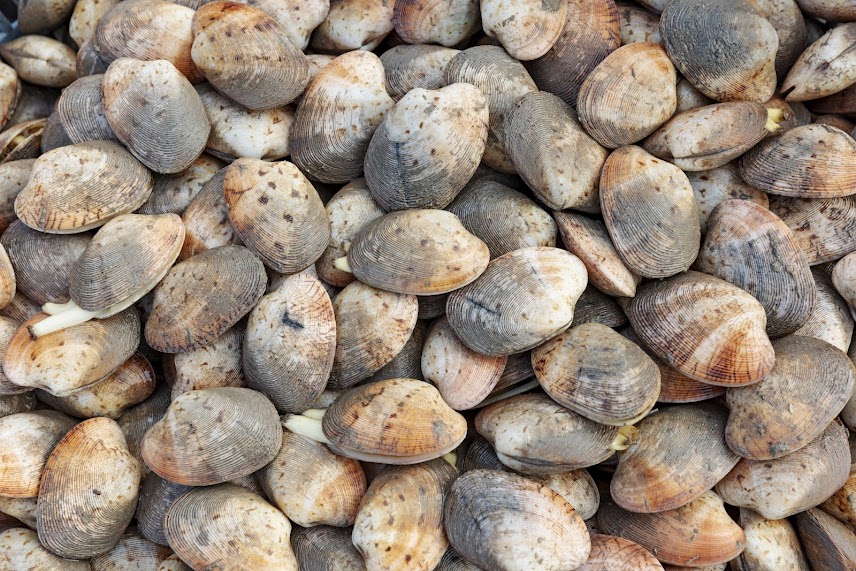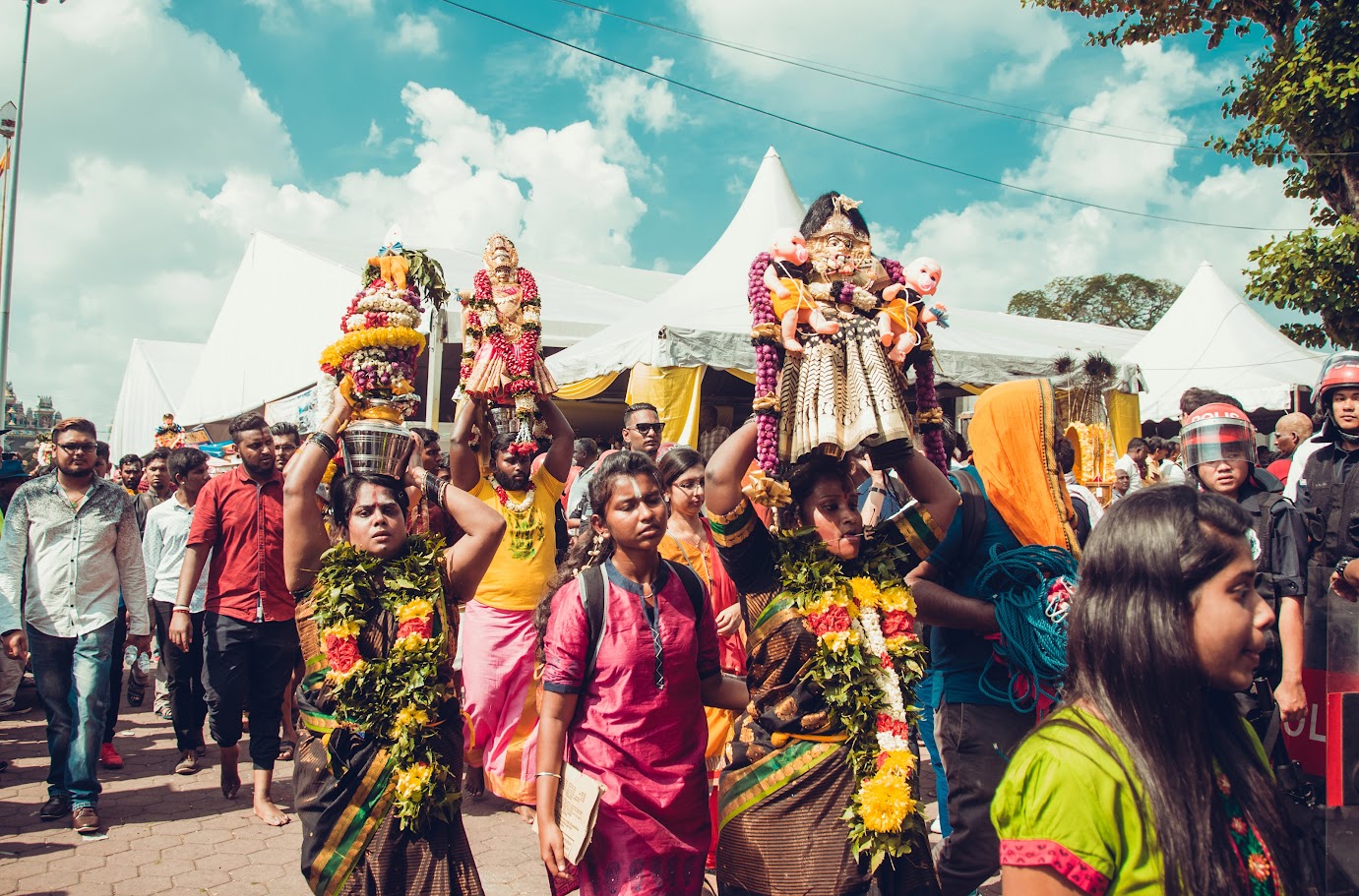
- SkyJoy
- Chuyến bay của tôi
- Online Check-in
- E-Menu
- E-Visa
- Dịch vụ chuyến bay
- Dịch vụ khác
Ngày đi

Ngày về
Ponagar Tower: Discover the History and Stunning Architecture in Nha Trang
Nha Trang is a famous tourist destination that attracts numerous domestic and international visitors with its long, pristine beaches. However, beyond these captivating landscapes, Nha Trang tourism also offers cultural sites that promise unique experiences for travelers.
Among them is the **Ponagar Tower**, an architectural marvel with over 1,000 years of history, preserving the unique cultural values of the ancient Champa civilization. Visiting Ponagar Tower in Nha Trang gives tourists a chance to step into a fascinating world and marvel at the grandeur of ancient architecture.
To better understand this famous tourist destination in Nha Trang, let’s explore the architecture and history of Ponagar Tower in the following article!
1. Overview of the Tower
1.1 Where is Ponagar Tower Located?
Ponagar Tower, also known as the Ponagar Historical Site, is situated in Nha Trang. The complex is on a small hill near the Cai River, about 2 km north of Nha Trang city center.
Address: 2 Tháng 4 Street, Vĩnh Phước Ward, Nha Trang City, Khánh Hòa Province.
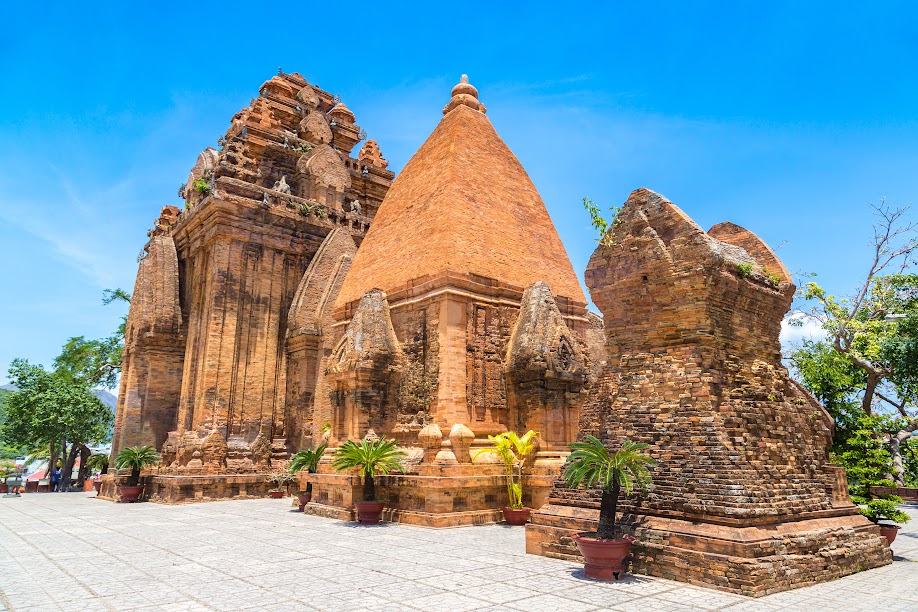
Its location on a small hill near the Cai River creates a picturesque natural setting.
1.2 Entrance Fees and Opening Hours
To plan your visit, you should note the opening hours and ticket prices:
-
Opening Hours: 8:00 AM – 6:00 PM
-
Ticket Price: 21,000 VND/person
2. History of Ponagar Tower
Ponagar Tower is an ancient architectural complex believed to have been built between the 7th and 13th centuries, the peak of Hinduism and the Champa Kingdom.
The tower was constructed to honor **Goddess Ponagar**, revered as the "Mother of the Land," who taught the Cham people essential skills like farming and animal husbandry.
During the Champa Kingdom's prosperity, Ponagar Tower was a significant religious center where people gathered for prayers and rituals.
Despite enduring many historical changes, Ponagar Tower remains a majestic symbol on its hill, bearing witness to a golden era. The traces of time on its architecture add a mystical allure to this ancient relic.
See more: 15 attractive Nha Trang tourist destinations for you to check-in
3. Discovering Ponagar Tower's Architecture
Ponagar Tower is a cultural symbol of the Cham people and one of Vietnam's most unique architectural masterpieces. Its design reflects the distinct Champa art style, characterized by intricate details and profound meanings.
The architectural complex spans nearly 50,000 square meters and is divided into three levels, ascending from the base. Let’s take a tour through its layout!
3.1 The Gateway Area
Historical records suggest that the gateway area was originally built as a grand entrance. Although much of it has been lost over time, remnants of ancient architecture, such as stone pillars and steps leading to the Mandapa (front yard), remain.
3.2 Mandapa (Front Yard)
Climbing the steps from the gateway area, visitors can admire the Mandapa of Ponagar Tower. This area preserves 22 octagonal pillars of varying heights:
-
10 large pillars in two rows, each 3 meters tall and 1 meter in diameter.
-
12 smaller pillars surrounding the larger ones, each about 1 meter tall.
All the pillars were constructed from terracotta bricks, creating a warm, orange-hued spectacle.
Historians believe this was where people prepared offerings for the goddess and performed rituals.
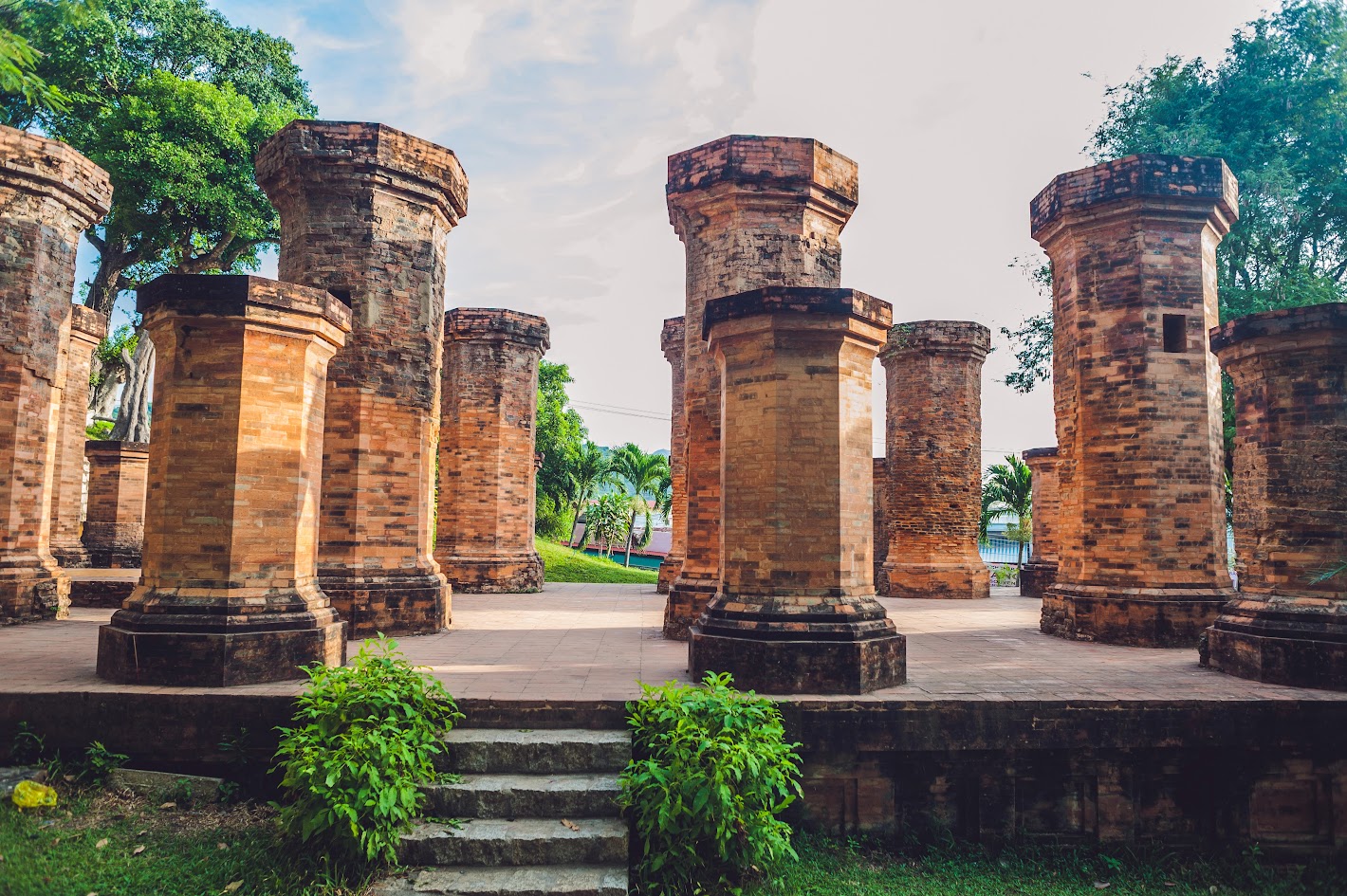
The Mandapa of Ponagar Tower in Nha Trang features 22 octagonal terracotta pillars.
3.3 The Tower Area
This is the uppermost level of the Ponagar Tower architectural complex, where many architectural details have been well preserved.
Originally, the tower area was surrounded by four brick walls. However, due to the effects of time and human activity, only two walls remain today.
Upon entering this area, you can admire four ancient towers, including three aligned towers: the Main Tower (Northeast Tower), the Southeast Tower, and the South Tower, along with the Northwest Tower, which is not aligned with the other three. Among them, the Main Tower is the largest and is dedicated to Goddess Ponagar, showcasing the finest characteristics of a thousand-year-old Cham tower.
Besides the Cham-style architecture, visitors to Ponagar Tower can also marvel at unique decorative motifs, including figures from Cham beliefs such as Tenexa, celestial nymphs, Ponagar, and mythical creatures.
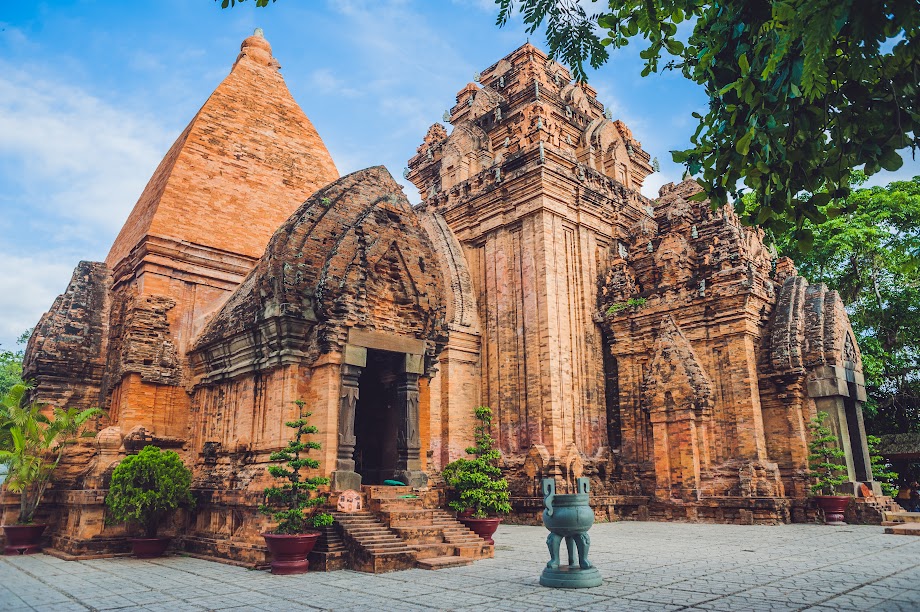
The Ponagar Tower area is where many architectural details have been well preserved.
4. How to Get to Ponagar Tower in Nha Trang
4.1 Traveling to Nha Trang
4.1.1 By Bus
This option is suitable for visitors traveling from nearby locations.
-
From Ho Chi Minh City: The trip takes about 7–8 hours.
-
From Hanoi: This is not an ideal option due to the long travel time—approximately 26 hours by bus.
Popular bus operators: Phương Trang, Mai Linh, Kumho, etc.
Ticket prices:
-
Hanoi to Nha Trang (sleeper bus): 500,000–620,000 VND/person
-
Ho Chi Minh City to Nha Trang (sleeper bus): 170,000–230,000 VND/person
4.1.2 By Train
Compared to buses, traveling by train takes longer but offers a delightful experience with stunning scenery throughout the journey.
Average ticket price: 200,000–700,000 VND/one-way.
Options based on departure point:
-
From Hanoi: Trains S5 (12:30–18:33), S7 (14:00–20:52), S3 (15:40–23:41), S1 (19:00–20:24), SE1 (22:30–21:06), and E1 (23:00–22:11).
-
From Ho Chi Minh City: Options include the Thống Nhất train and routes SNT1-2, SNT3-4, SQN1-2, or the 5-star Golden Train.
4.1.3 By Plane
Flying is the most convenient and time-saving option. Travelers can fly to Cam Ranh Airport and then transfer to Ponagar Tower.
For affordable and convenient flights, consider booking with Vietjet, which offers various flight schedules and departure points. Vietjet frequently runs promotions, such as the “0 VND flash sale”, allowing travelers to significantly save on costs.
Tip: Take advantage of the daily 12:00–14:00 flash sale to book tickets to Nha Trang for 0 VND. Details [HERE].
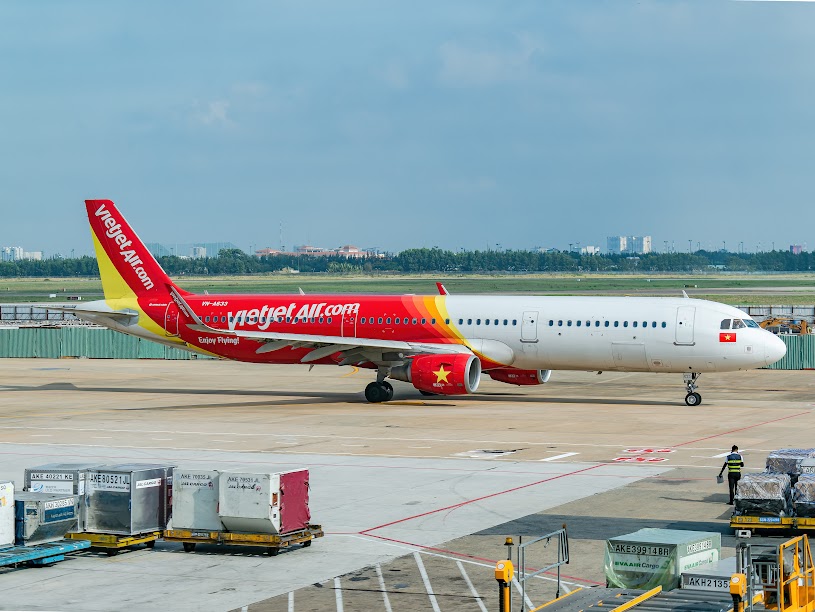
Booking with Vietjet is the best option to visit Ponagar Tower in Nha Trang.
4.2 Traveling from Nha Trang City to Ponagar Tower
Ponagar Tower is located only about 2 km from the city center, making it easy to reach by various modes of transportation:
-
Personal vehicle: Drive along Trần Phú Street heading north. After crossing Trần Phú Bridge, turn onto Tháp Bà Street. The Ponagar Tower complex is at the end of the street.
-
Bus: Visitors can also take a bus from the city center. The fare is very economical, at just 5,000 VND per trip.
5. Tips for Visiting Ponagar Tower in Nha Trang
-
Ideal Visiting Time:
-
-
Dry season (January–August): The best time to visit Nha Trang and Ponagar Tower, with sunny, dry weather ideal for sightseeing and photography.
-
Rainy season (September–December): It’s advisable to avoid this period due to rain, which can hinder travel and sightseeing. However, for those who enjoy cooler weather and occasional showers, it could still be an enjoyable option.
-
-
Attire: Wear comfortable, breathable clothing. Don’t forget to bring a hat, sunglasses, and sunscreen to protect yourself from the sun.
-
Arrive Early: Plan to visit early to avoid crowds and have ample time to explore.
-
Save on Travel Costs: Travelers flying to Nha Trang should not miss the 0 VND ticket promotion from Vietjet, available daily from 12:00 to 14:00.

For travelers flying to Ponagar Tower, don’t forget to hunt for 0 VND tickets to Nha Trang for the best travel experience.
See more: What is the best season to travel to Nha Trang? The most ideal time.
With these fascinating insights into the architecture and history of Ponagar Tower, your upcoming visit will surely be more fulfilling. To ensure the perfect Ponagar Tower experience and a wonderful Nha Trang trip, don’t forget to book your flight with Vietjet, which offers incredible promotions like the 0 VND domestic and international flights, available during the daily 12:00–14:00 flash sale. Details [HERE].
For the latest flight schedules, ticket prices, and useful travel tips, check out Vietjet’s official channels.
-
Website: https://www.vietjetair.com
-
Facebook: https://www.facebook.com/vietjetvietnam
-
Instagram: https://instagram.com/vietjet
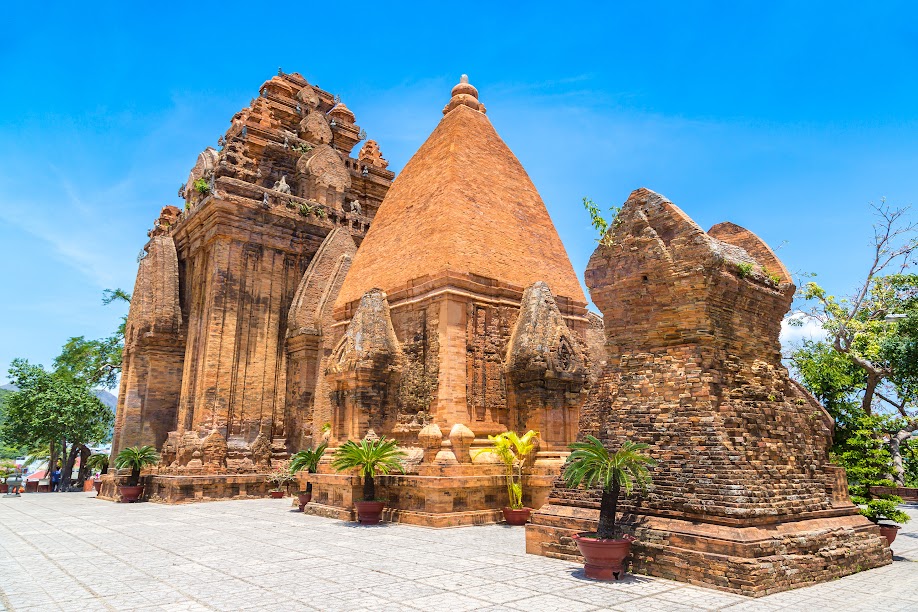






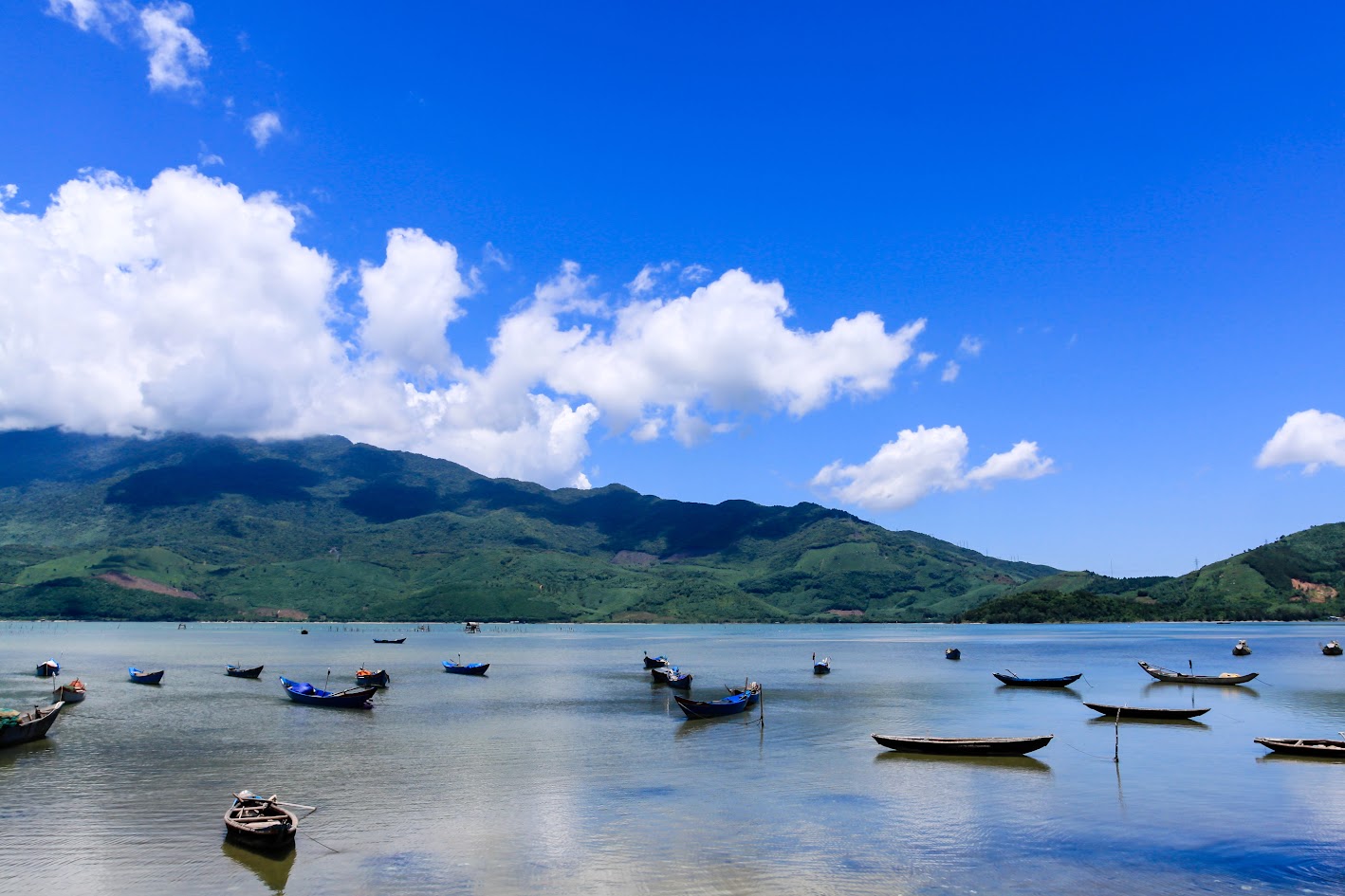

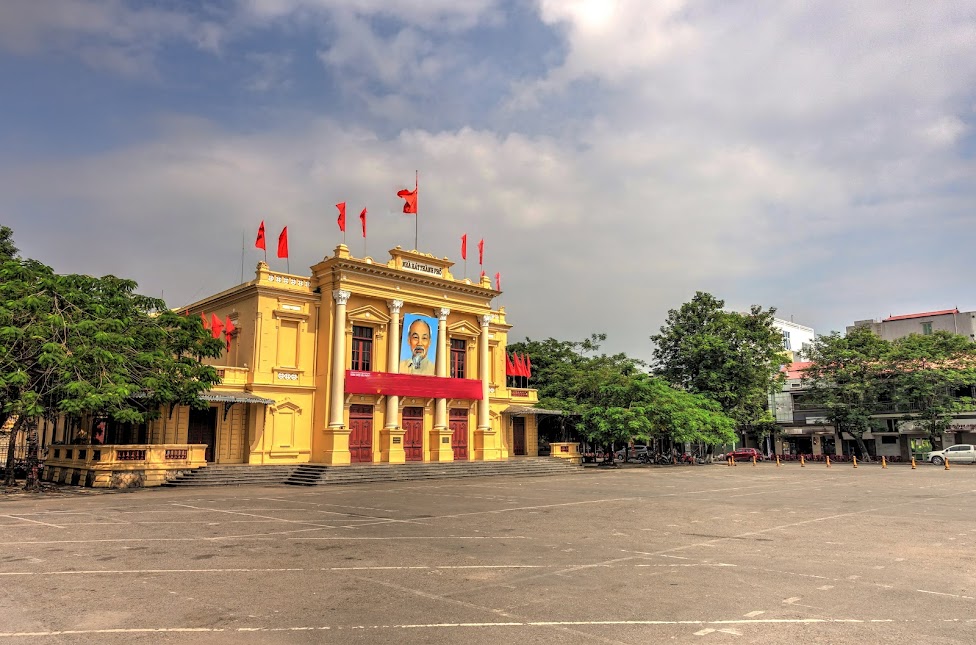
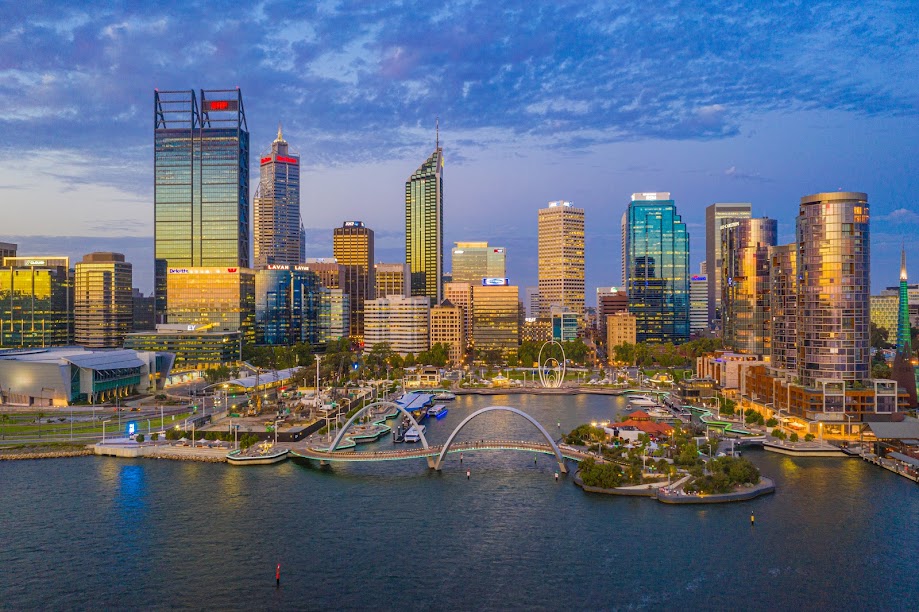



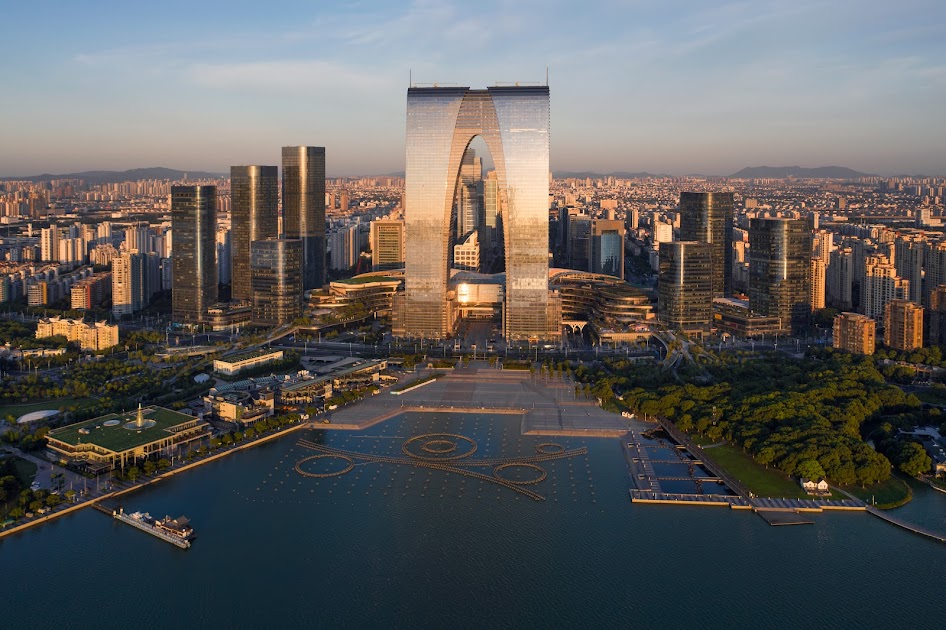










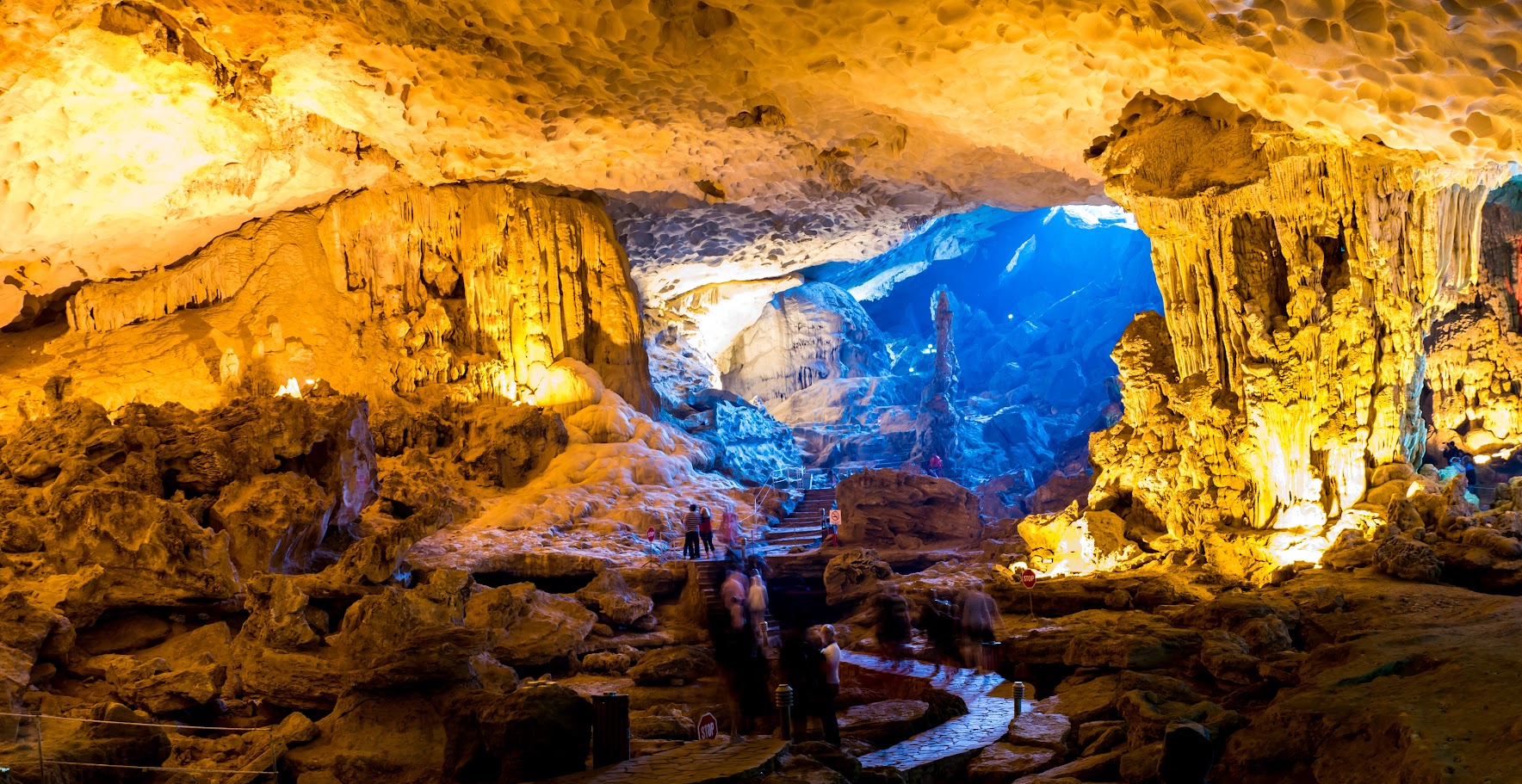







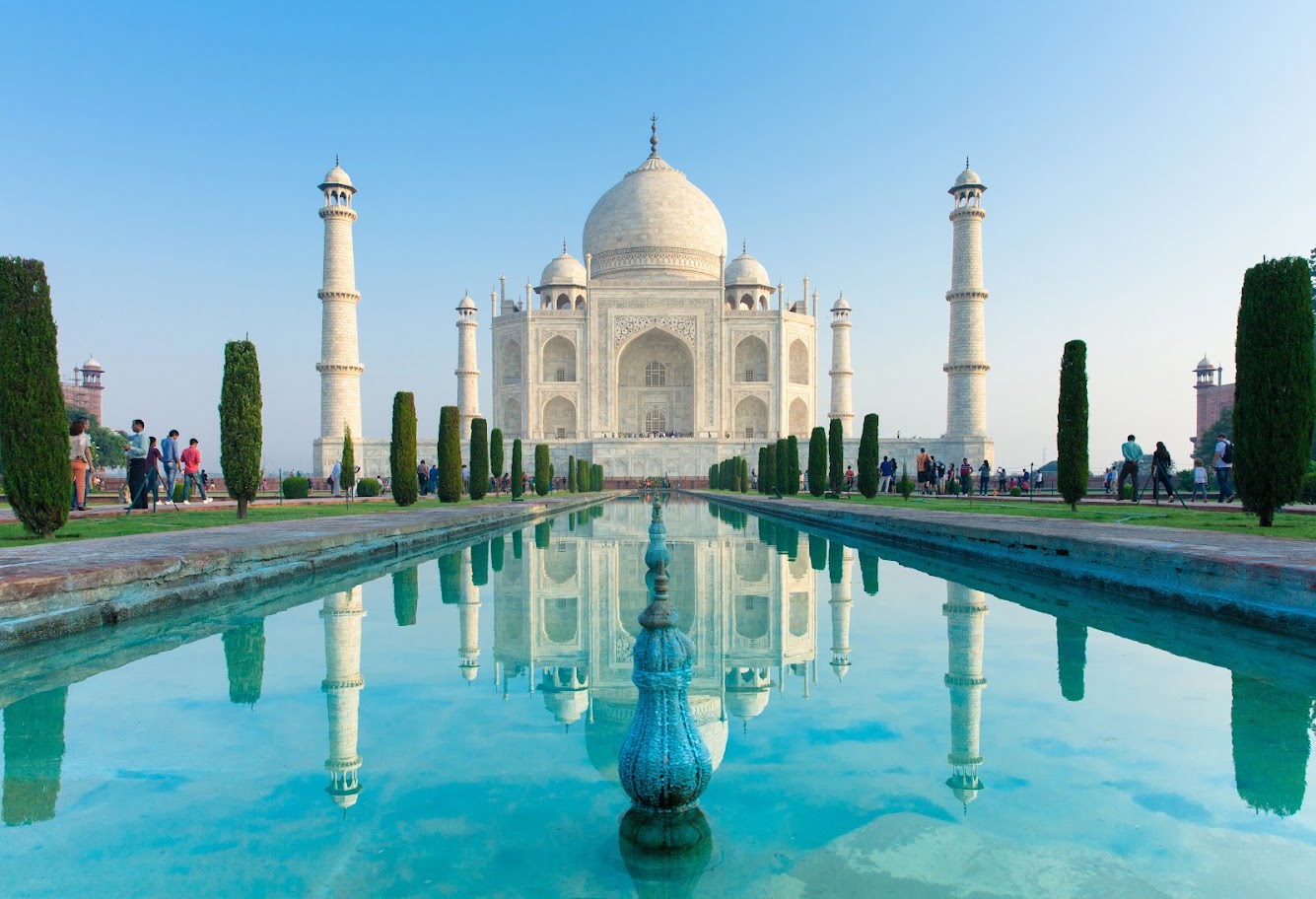










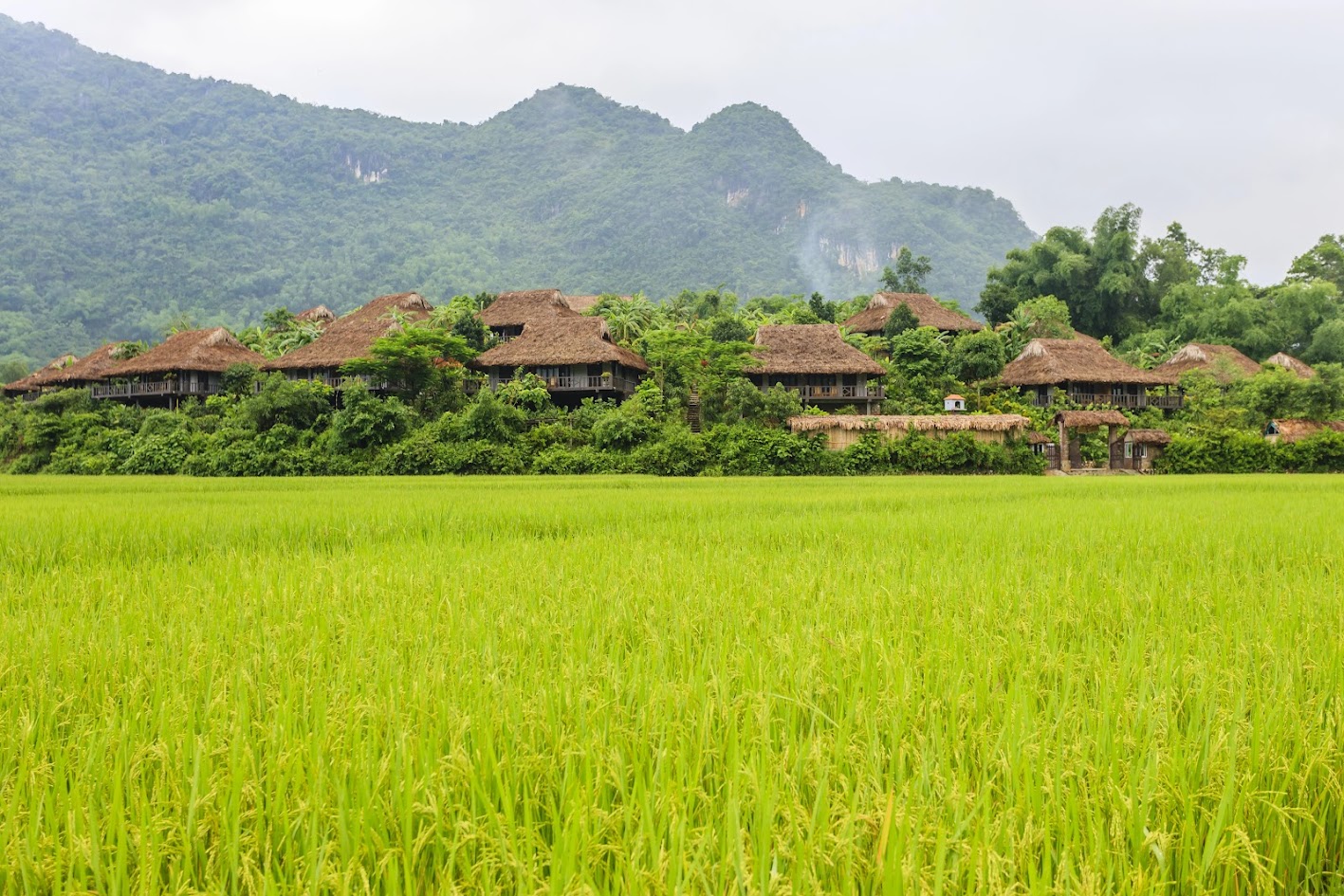






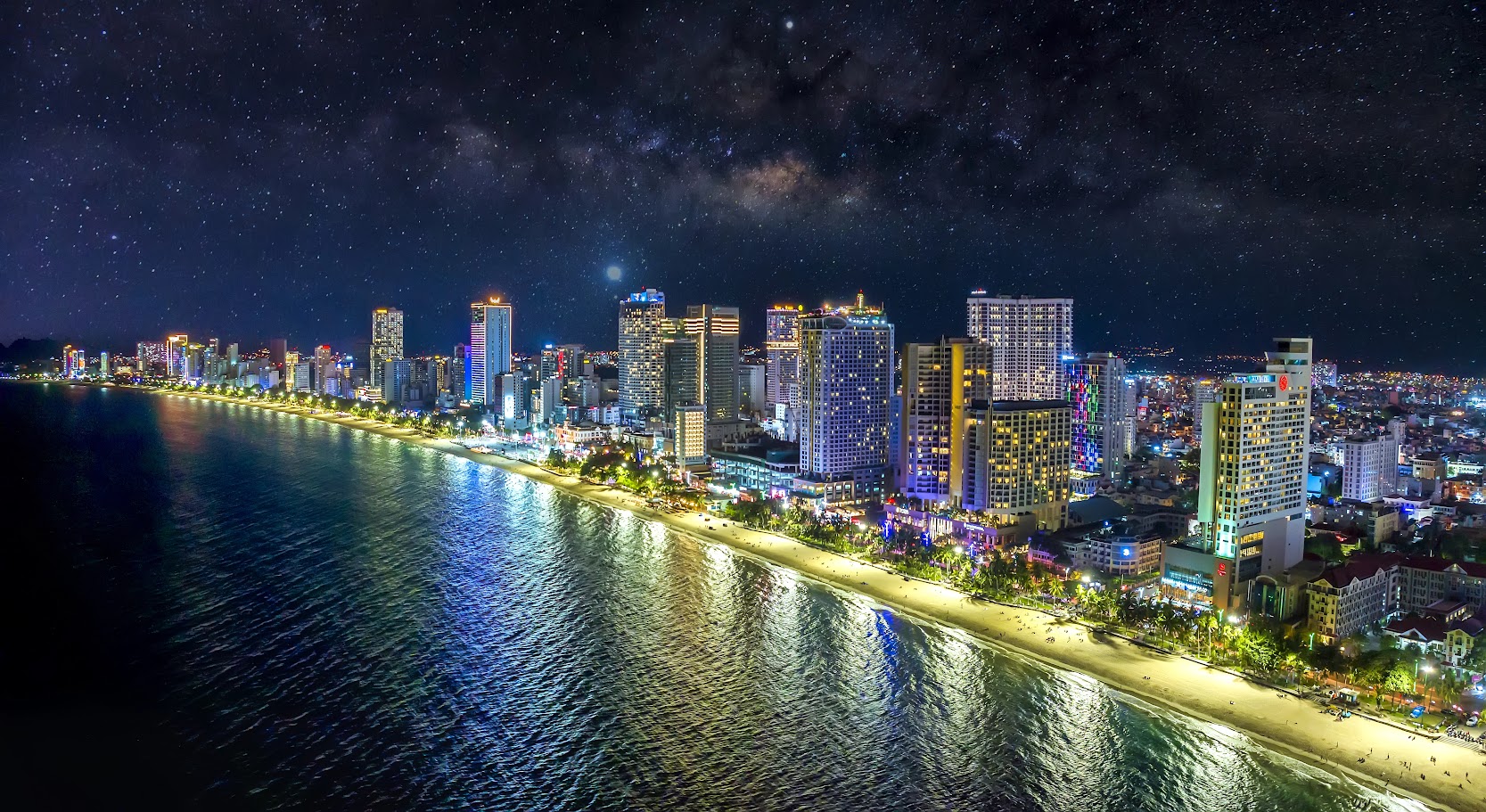



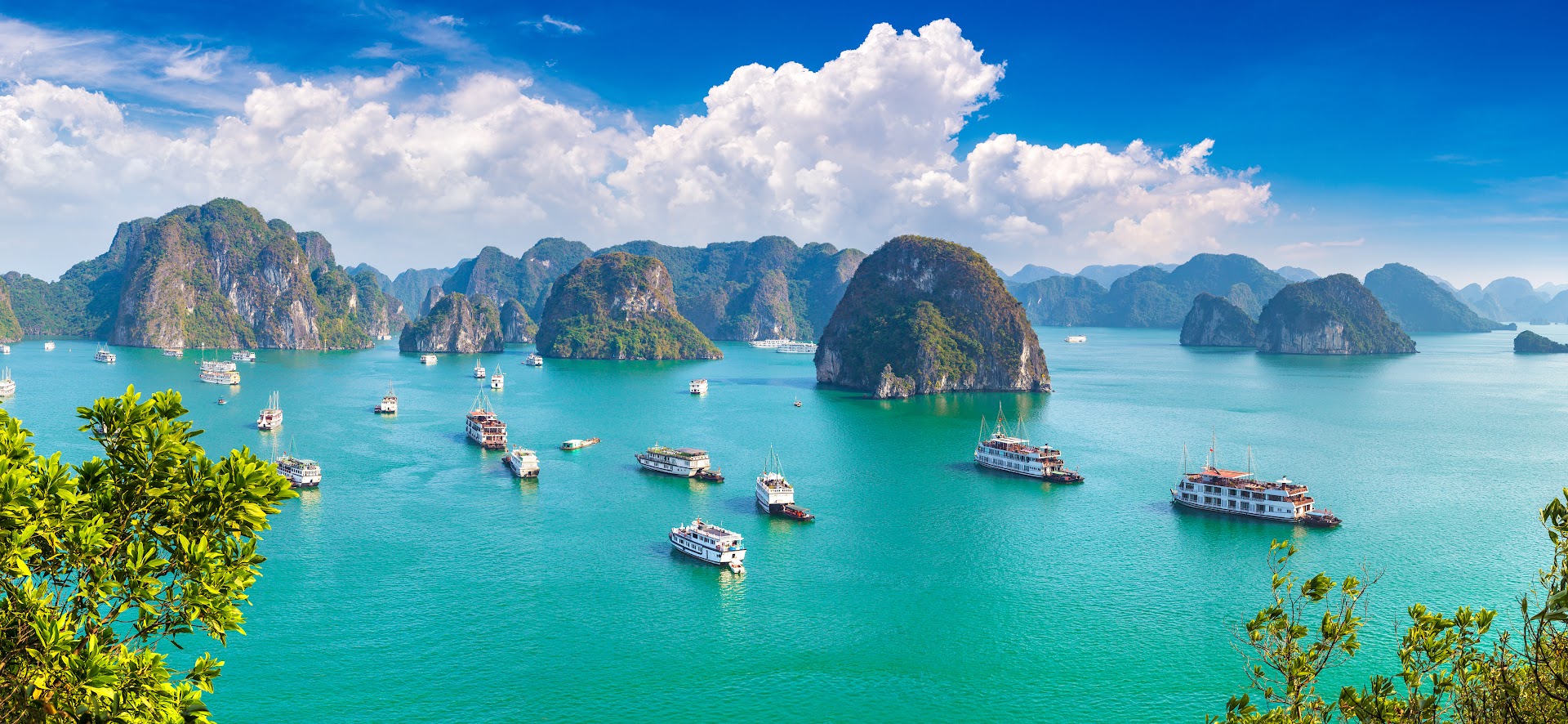






















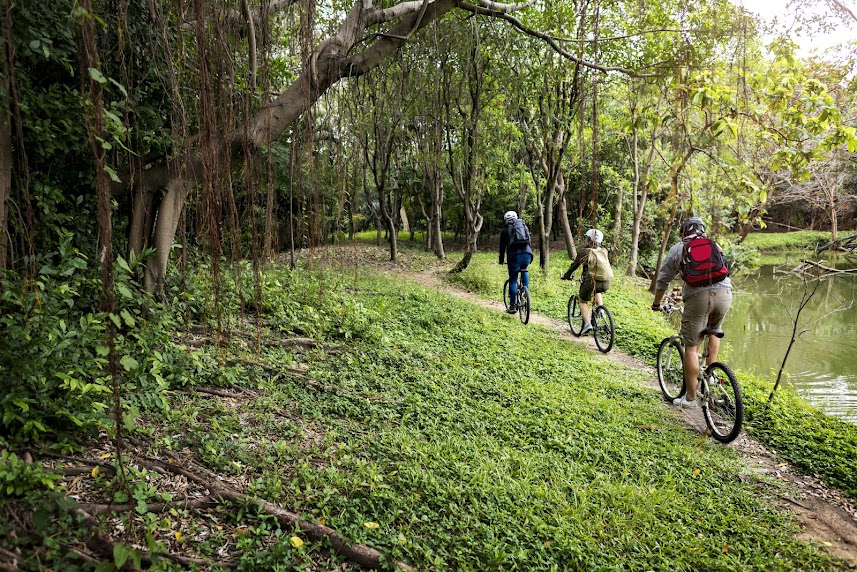











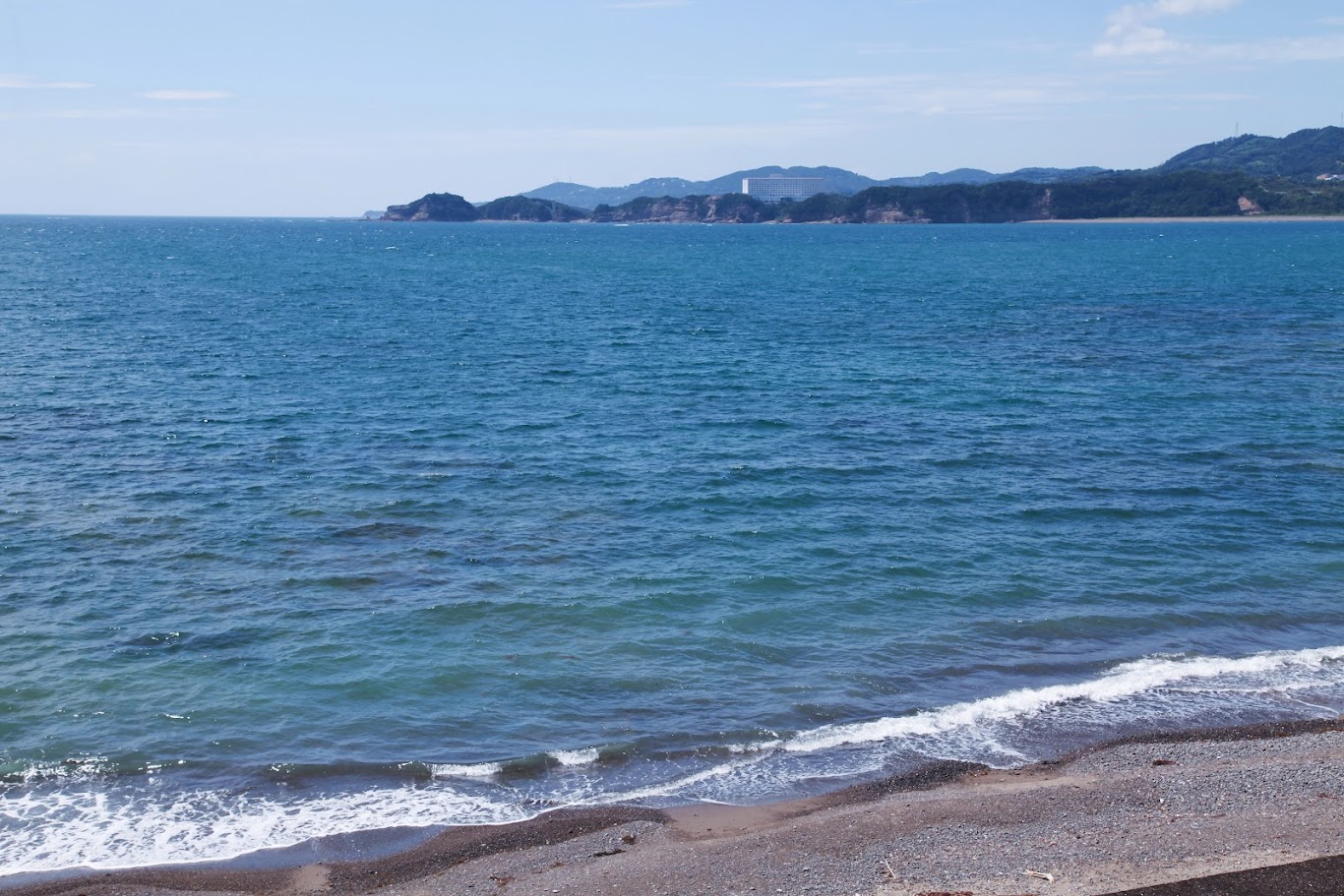







































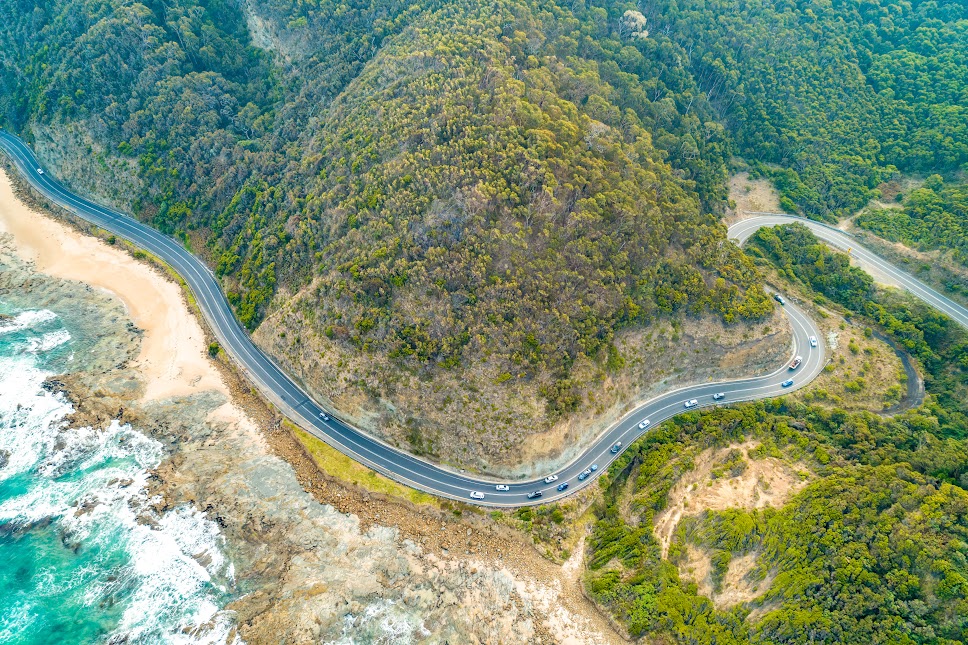


































![[FAQ] What is the Best Time to Travel to South Korea?](https://vj-prod-website-cms.s3.ap-southeast-1.amazonaws.com/shutterstock533705653supersize-1696644100090.jpg)








